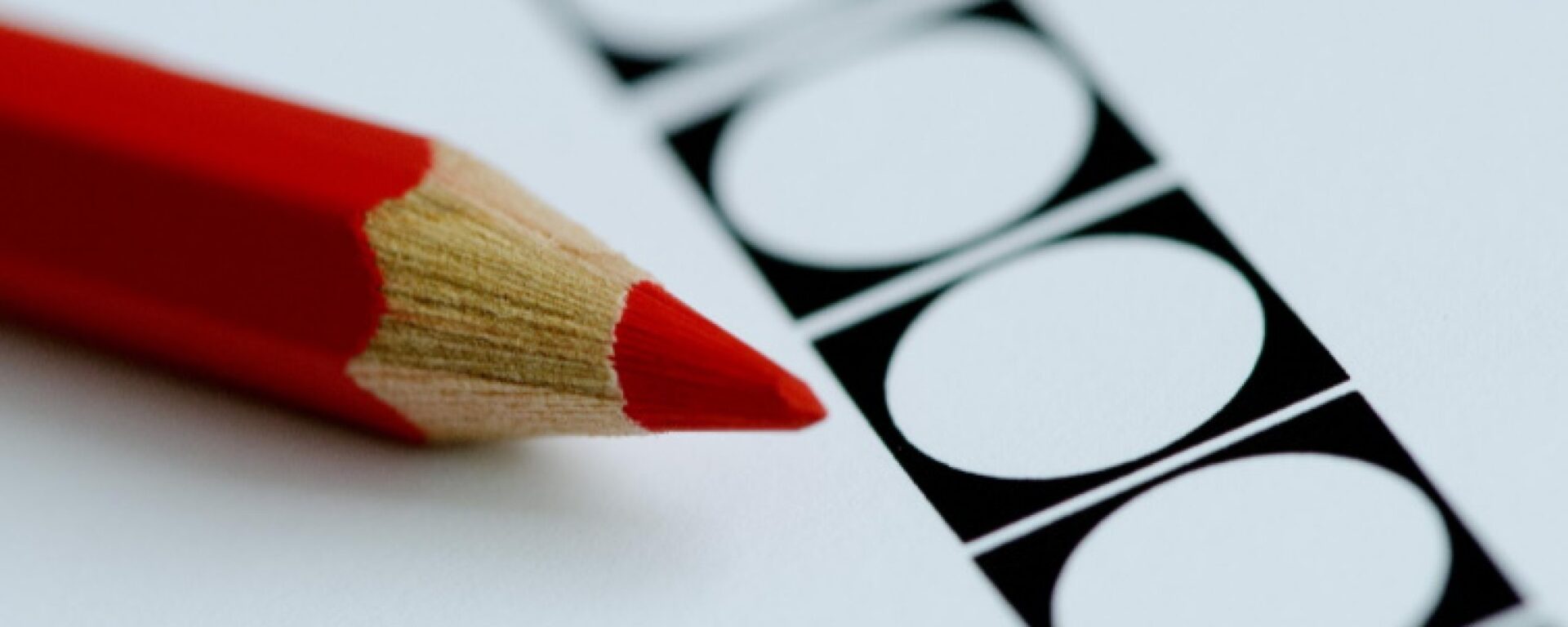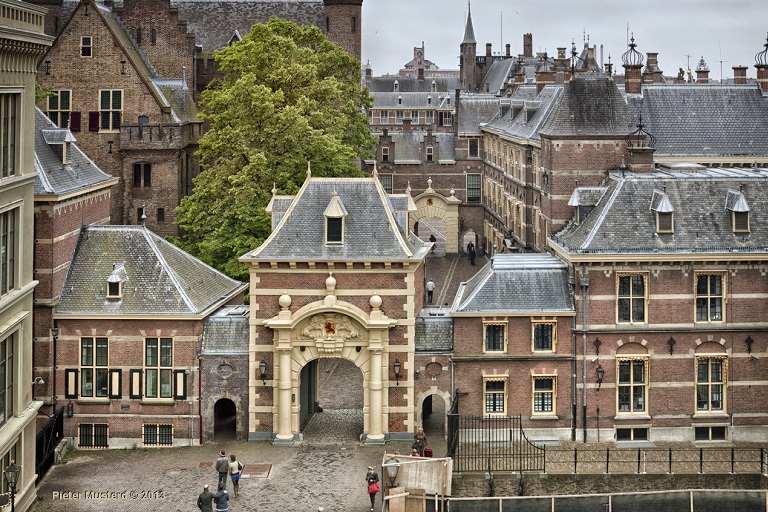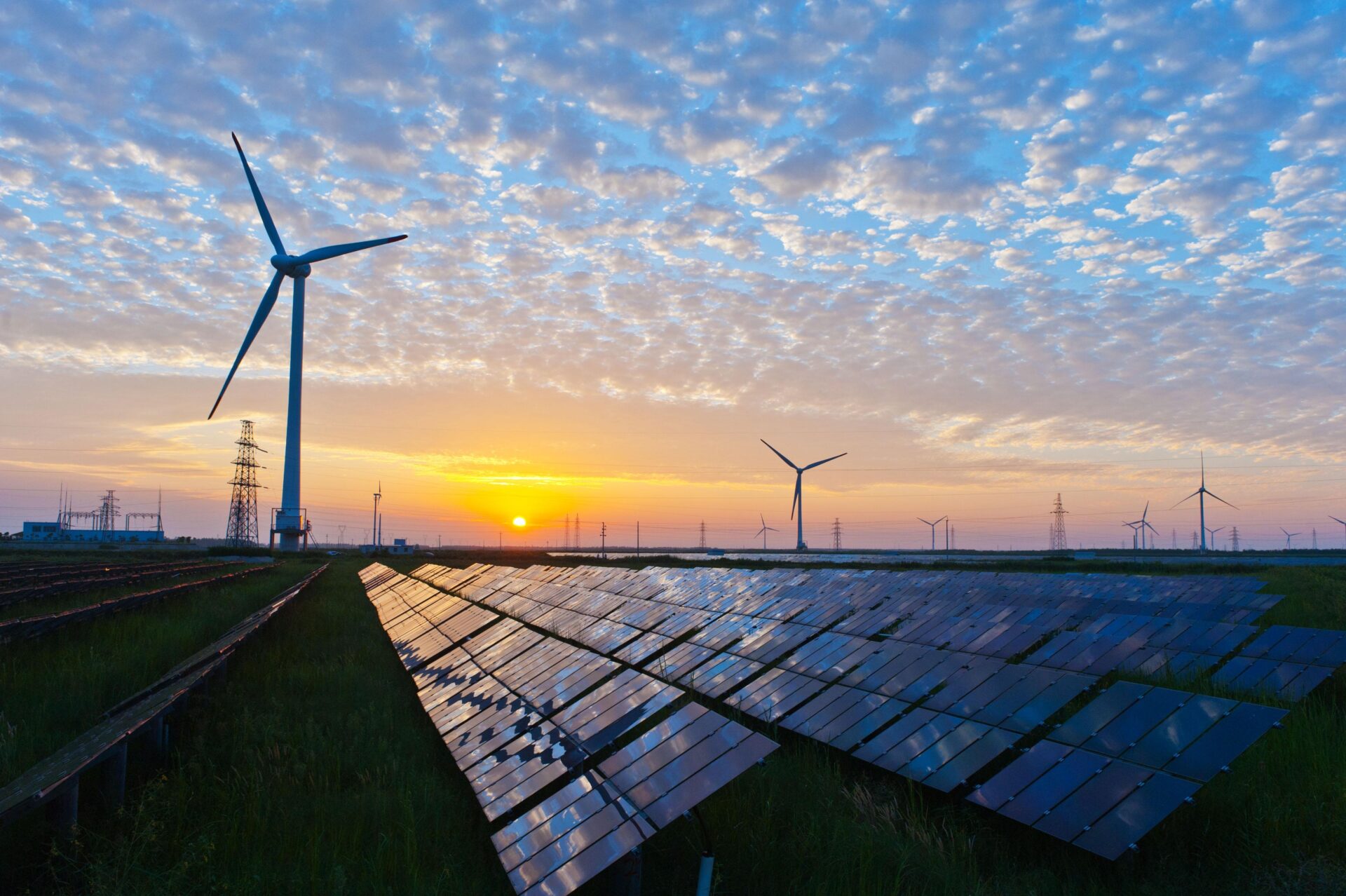How did you end up at Publieke Zaken ? Can you describe your development within Publieke Zaken ?
 I had spoken to René Leegte, dthe founder of Publieke Zaken, had already spoken to me once in my student days. We talked then about his time in the House of Representatives and his company, among other things. So I already knew that Publieke Zaken was engaged with consulting work within the energy sector. That caused me to delve a bit more into the company when looking for a graduate internship. That's how I began my internship and then my position as a political analyst. In no time at all, you get to know the political procedures at the provincial, national and European levels. At the same time, you learn a lot in terms of content about major themes within the energy transition. Both by following the political debate and by various types of knowledge meetings within the company. Eventuallyjk Publieke Zaken was expanded with the creation of the Energy Research & Strategy department (PZ ERS). Because of my background as an environmental economist, I was eager to make the transition to this department. Within this department, under the direction of Hans van Cleef, I work on writing market updates and theme reports that provide insights into energy markets.
I had spoken to René Leegte, dthe founder of Publieke Zaken, had already spoken to me once in my student days. We talked then about his time in the House of Representatives and his company, among other things. So I already knew that Publieke Zaken was engaged with consulting work within the energy sector. That caused me to delve a bit more into the company when looking for a graduate internship. That's how I began my internship and then my position as a political analyst. In no time at all, you get to know the political procedures at the provincial, national and European levels. At the same time, you learn a lot in terms of content about major themes within the energy transition. Both by following the political debate and by various types of knowledge meetings within the company. Eventuallyjk Publieke Zaken was expanded with the creation of the Energy Research & Strategy department (PZ ERS). Because of my background as an environmental economist, I was eager to make the transition to this department. Within this department, under the direction of Hans van Cleef, I work on writing market updates and theme reports that provide insights into energy markets.
What image you had of this work/Publieke Zaken beforehand turned out to be very different in practice?
When looking for eand internship, I initially wanted to work at a large (well-known) company in the energy world. I had the expectation that I could make more impact at a large company than at a smaller company. I now think that expectation was not justified. We have a large and diverse customer base. Moreover, you have an advisory role in an area in which you yourself specialize. That is precisely what allows you to make an impact.
Can you describe a working day? What was your most enjoyable working day at Publieke Zaken?
A average workday begins at mm with a good cup of coffee and going over the latest news items related to the energy markets. We then have a morning call to keep each other informed of important events and each other's activities. Then my ten-finger typing degree comes in handy when writing publications about the energy markets. Sometimes we zoom in on electricity markets, the other time on oil and gas markets. We alternate those market updates with a more zoomed-out look at topics related to the energy transition. For example, I recently spent some time working on a thematic report on the effects of El Niño on energy prices. Throughout the day, of course, I keep track of quotes for the major markets and contracts. When something noteworthy happens, I sometimes venture a tknow. At 4 p.m. I always eat an apple, in order to use a small sugar supply for the last few days. to to do to do.
What makes working in this industry fun?For example, what developments make it interesting? What is the most valuable thing you learned at Publieke Zaken?
What makes the work of eand market analyst is that you are constantly aware of what is happening in the world. Then you translate that into what is relevant to a customer. If there's a hurricane 8,000 kilometers away in the Gulf of Mexico, causing gas platforms to be evacuated, that could affect the energy bill here. Energy prices are the result of a combination of many factors. It is this multifaceted interrelationship that makes it never boring.
What is your favorite topic of conversation with colleagues during break time?
People talk about all kinds of things, serious and nonsensical! From the outfits at the Eurovision song contest to the expectations of the upcoming climate conference. I like the variety, but also like to look for the lighthearted side! The other day we were talking about a colleague's upcoming bachelorette party. Their plan was to go body painting. They told us all about it. The more visually inclined among us had comical reactions.


